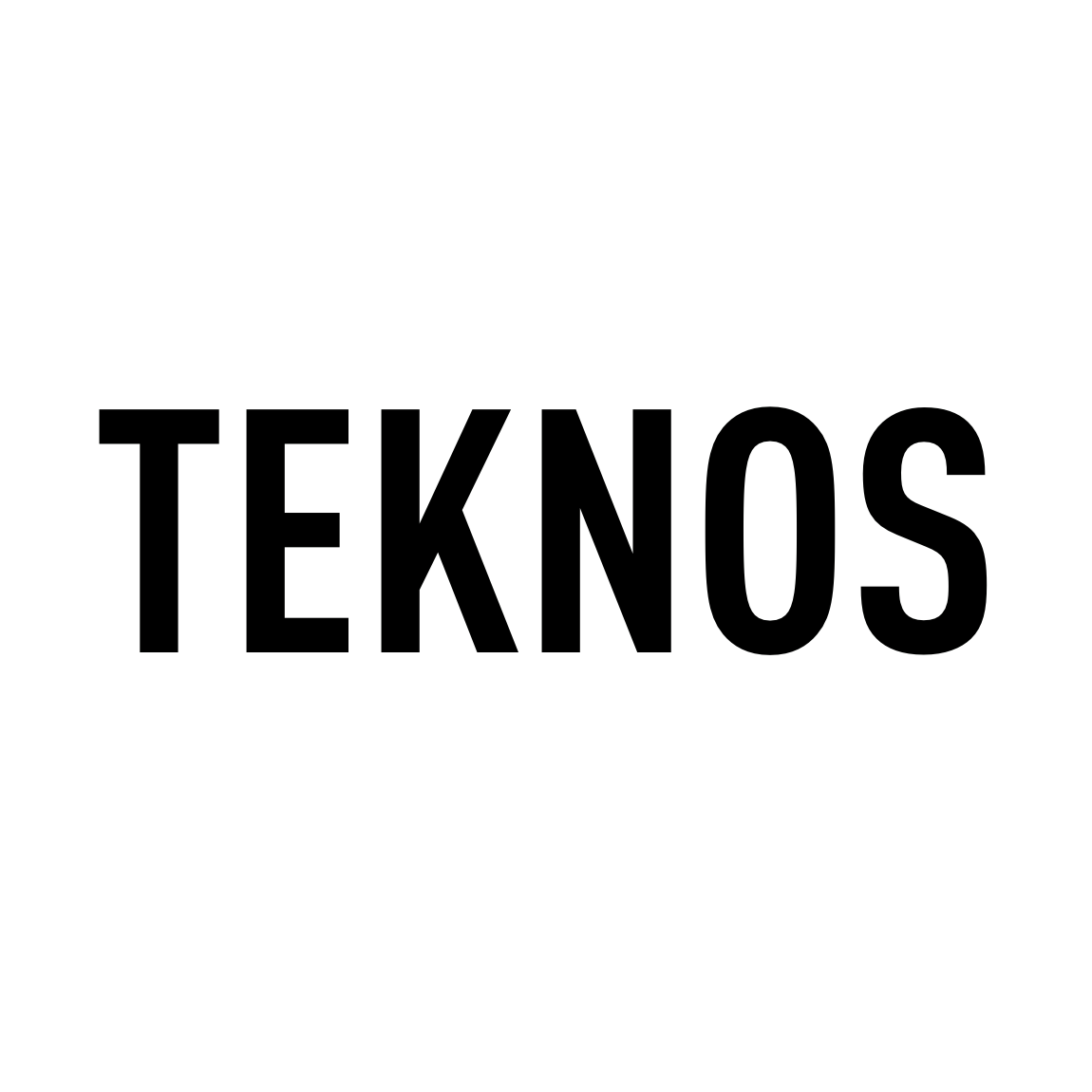Preface
It is a great pleasure to introduce Volume 13 of Teknos. In the pages that follow, the young scientists and engineers of the Thomas Jefferson High School for Science and Technology present the results of their research endeavors. These papers in this volume describe original work in a very wide range of disciplines from mathematics and computer science to ecology. Each contribution to this very diverse collection is the culmination of many hours of knowledge and sophistication to be envied by many graduate students. The contributors to this journal have taken their first steps in a lifelong journey of discovery.
Science is often portrayed to the public as a lonely occupation. The stereotype is the more than half-mad Dr. Frankenstein of the movies working in isolation in his mountain top lab, his only companion his faithful assistant, Igor. Nothing could be further than reality. Unlike Frankenstein or the prospectors for gold in the old West, scientists are never lonely or alone in their explorations. Instead they are in constant communication with their peers and with their predecessors in a vast community of friends and co-adventurers. The essence of science is the exploration of new terrain with the help of the knowledge and tools developed by the scientific adventurers who have gone before. Students of Thomas Jefferson High School for Science and Technology are welcome additions to the scientific community.
In the spirit of trying to provide a compass, if not a GPS, for research success, I would like to make a few suggestions to those starting on the journey. Number one: If you have a choice between exploring a small area which is marked "incompletely surveyed" or a large area marked "terra incognito; there be dragons here" choose the second. Number two: Ask questions. The quality of your questions will play a large part in your success as a scientist. Do not be satisfied with conventional answers until you have convinced yourself that they are true. Once you are sure your questions are interesting, try with all your might to find answers. Number three: It may happen that the tools you have available to tackle the questions you are asking do not seem suitable. Instead of trying to use a hammer to loosen a bold, think of the lack of the proper tool in your kit as a great opportunity to invent the right tool for the job. The tool you invent might open an expanse for exploration. Others will exploit your new tool and thank you for its creation.
As I am certain you already know, research can be very frustrating and really hard work. You will make many false starts, go up lots of blind alleys and spend much of your time slogging along making little progress, but you will be rewarded by the ecstasy of discovery at those moments when you finally find a path into a new world that no one has imagined. Research is a journey into the unknown. My best wishes for your future success and happiness. Have a great trip!
Dr. Robert F. Curl
Nobel Laureate in Chemistry 1996
